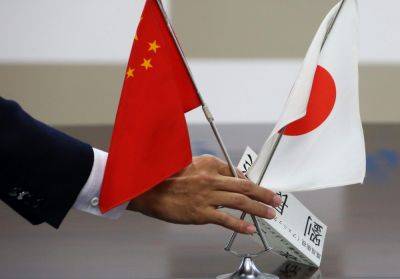China Wants to Start a National Internet ID System
It’s hard to be anonymous online in China. Websites and apps must verify users with their phone numbers, which are tied to personal identification numbers that all adults are assigned.
Now it could get more difficult under a proposal by China’s internet regulators: The government wants to take over the job of verification from the companies and give people a single ID to use across the internet.
The Ministry of Public Security and the Cyberspace Administration of China say the proposal is meant to protect privacy and prevent online fraud.
A national internet ID would reduce “the excessive collection and retention of citizens’ personal information by internet platforms on the grounds of implementing real-name registration,” the regulators said.
Use of the ID system by websites and apps would be voluntary, according to the proposal, which is open for public comment until the end of August.
The Chinese government has for years exercised tight control over information and it closely monitors people’s behavior on the internet. Over the last few years, China’s biggest social media platforms, like the microblogging site Weibo, the lifestyle app Xiaohongshu and the short video app Douyin, have started to display users’ locations in their posts.
On Weibo, the proposal became a trending topic since it was released on Friday. Many comments echoed regulators’ concerns that too many different apps had access to their personal information.
Some Chinese legal scholars said a system of national internet IDs risked giving the government too much power to monitor what people do online.
The protection of personal information is merely a pretense to make social control routine and regular, Lao Dongyan, a law professor at Tsinghua






